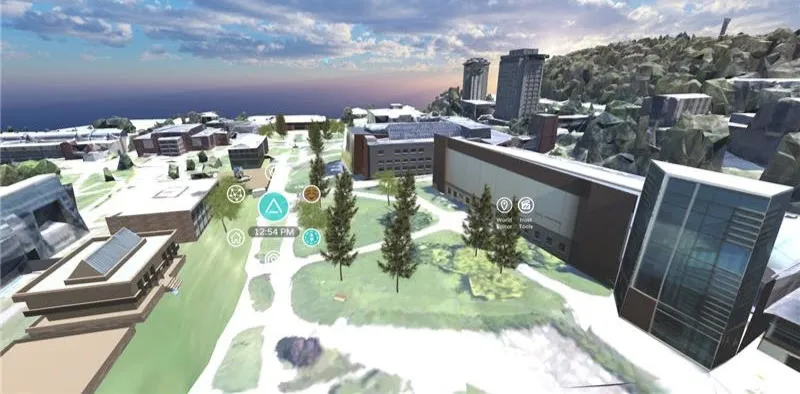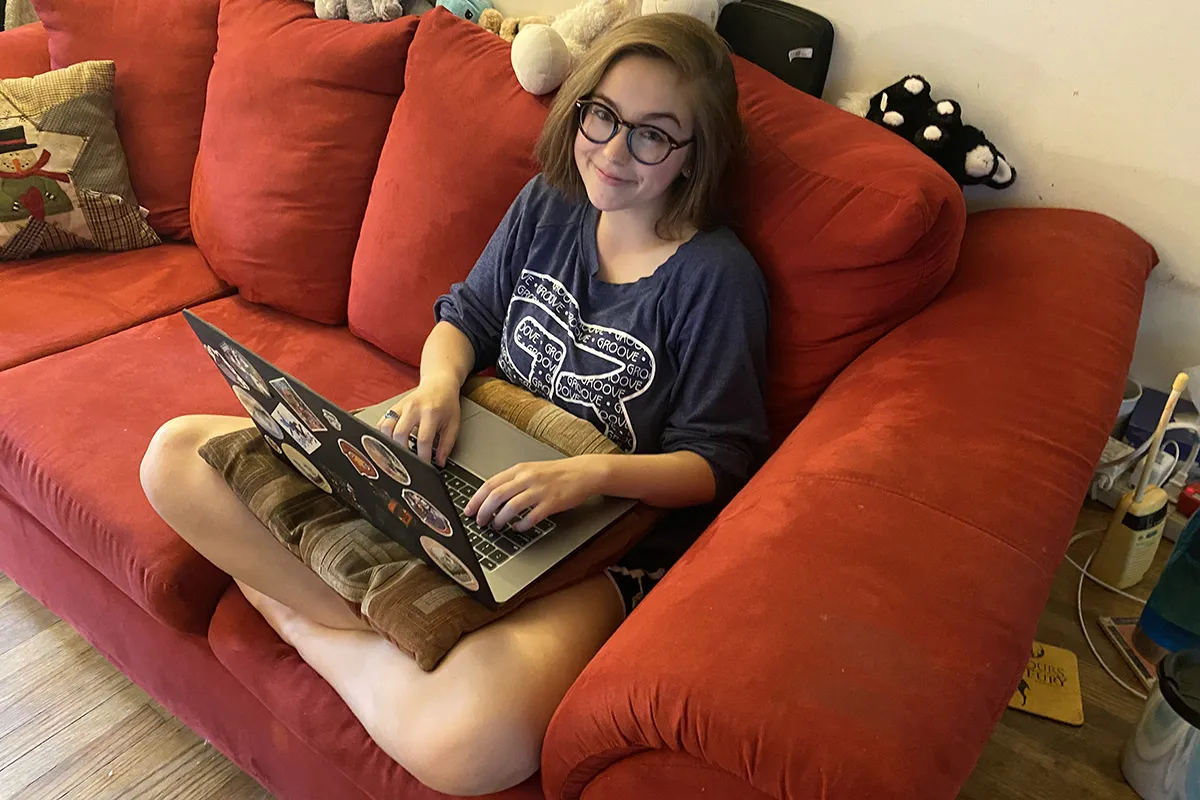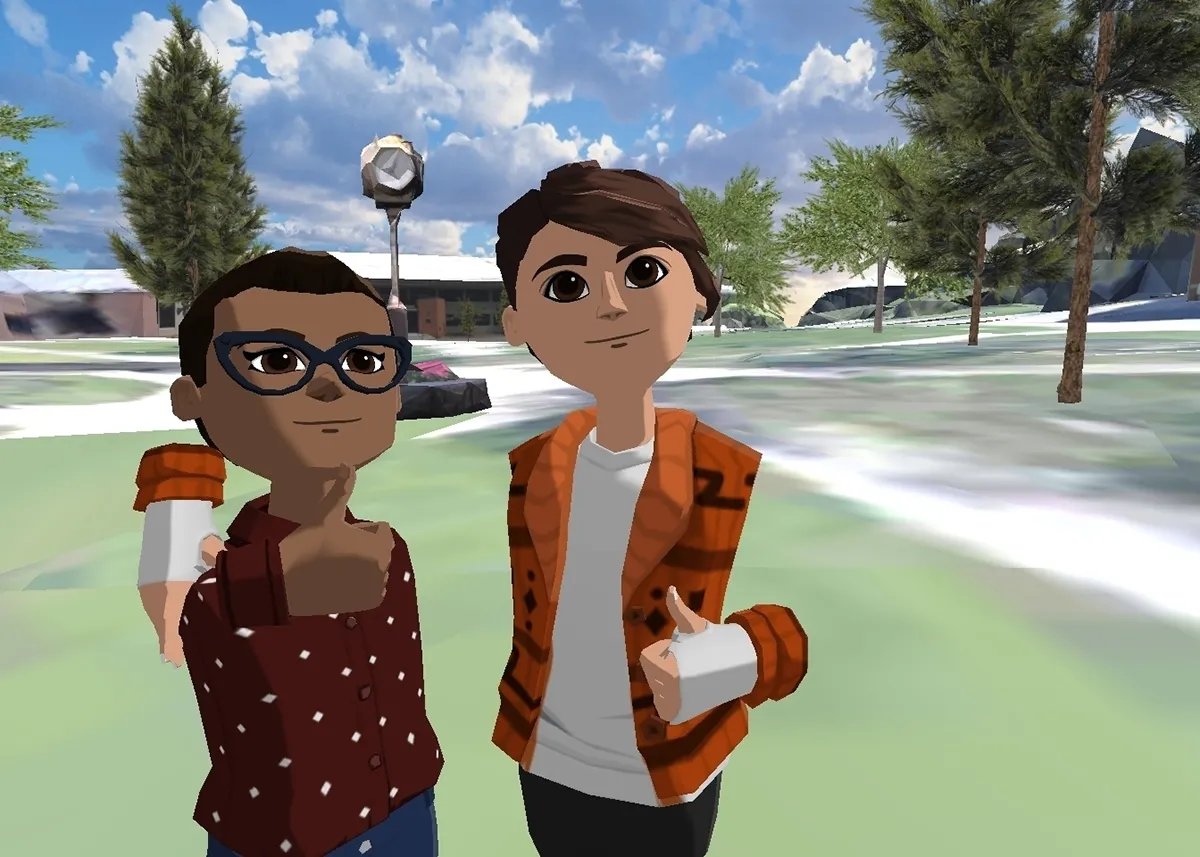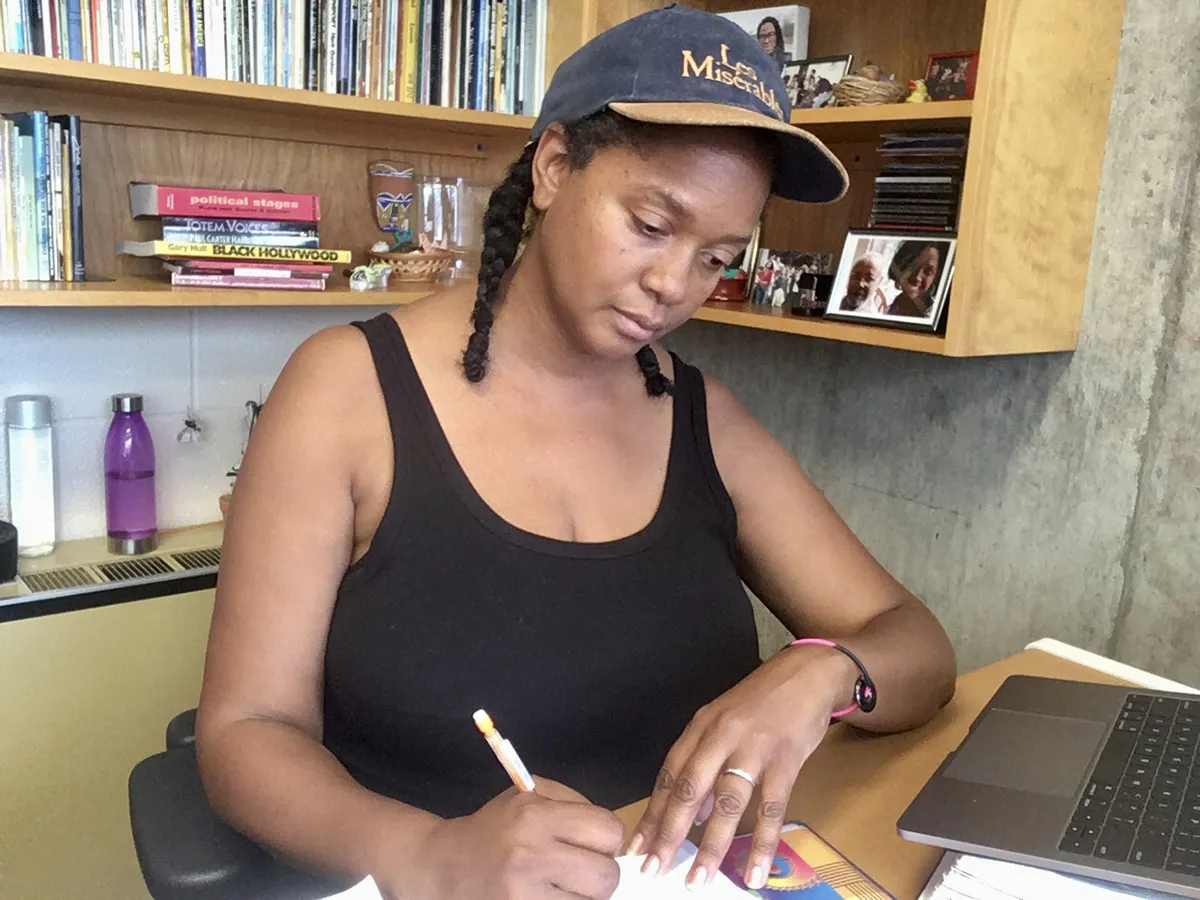While many classes will meet via Zoom this fall, faculty are moving beyond the basic online meeting tool to come up with engaging ways for students to interact with the material and their peers. The faculty are using a variety of cutting-edge technology and tools to maximize the possibilities of learning in a virtual environment, even creating opportunities that might not have been available in a traditional classroom setting.
In addition to using Zoom breakout rooms, faculty will be using collaborative tools like Jamboard (a digital whiteboard where students can post notes and images) and Fishbowl (a group discussion tool where some participate and others observe) to help students collaborate and build off each other’s ideas. Other tools include VoiceThread, Mentimeter and Flipgrid, as well as the college's online learning management system, Sakai.
An education professor even created a simulation of Ithaca College in virtual reality to make the class feel more like a community. She collaborated with staff and students in IC Immersive, an initiative of the Teaching and Learning with Technology team within the Office of Information Technology.
“VR labs can differentiate instruction for a variety of learners,” says Christine Havens-Hafer, assistant professor of education. “Learning how to incorporate VR into their future classrooms is valuable training for my students in an area that will continue to grow — and it will make them more marketable in the education field.”



